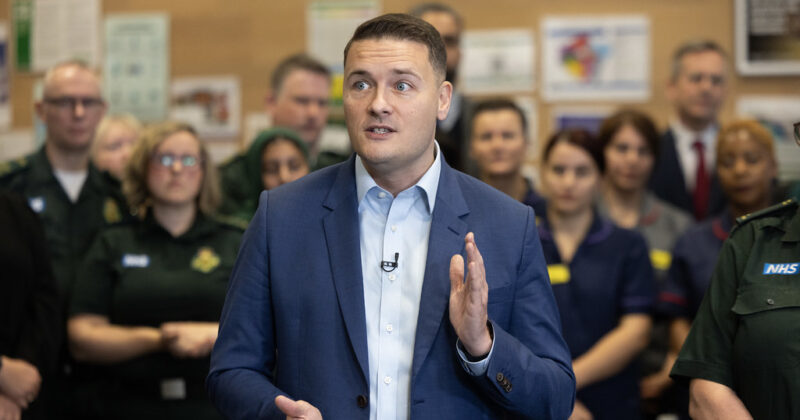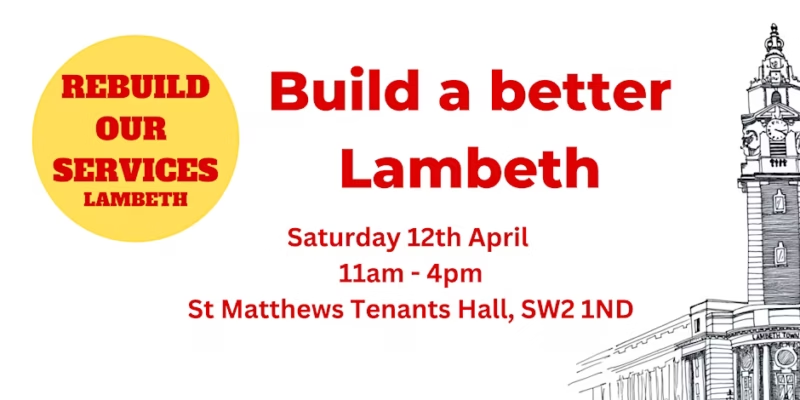BBC ballots for strike action
 Joy Macready, an NUJ member, reports on the continuing struggle at the BBC
Joy Macready, an NUJ member, reports on the continuing struggle at the BBC
BBC WORKERS are gearing up for battle after the broadcaster announced plans to axe another 2,000 jobs. It aims to reduce costs by 20 per cent over the next five years – or £670 million a year – and drastically revamp programming.
If this goes through, 7,000 jobs will have been lost since Mark Thompson became director general in 2004. This time round, between 550 and 650 jobs in the news department and original programming will be slashed. At a recent meeting in Belfast, Thompson (who was paid £838,000 in 2009-10) insultingly told staff: “No one is forcing you to stay.” Bet they wish someone would force him to go!
Three unions – Broadcasting, Entertainment, Cinematograph and Theatre Union (Bectu), Unite, and the National Union of Journalists (NUJ) – opened a ballot for strike action on 4 November. This gives activists in all three unions a great chance to stand up and fight for their members. A huge blow to the BBC bureaucrats would be to align the action with the public sector strikes planned for 30 November.
First, we have to fight for a massive YES vote. On the ground, union members at different sites should organise cross-union meetings and arm members with the arguments to encourage all BBC workers to support the strike. They should launch a recruitment drive among non-union members and campaign around the slogan: “Picket lines mean don’t cross”.
It is also important to engage with the public. As Michelle Stanistreet, general secretary of the NUJ, said: “BBC executives and the coalition government might not care about quality journalism and programming, but staff and members of the public care passionately about the corporation’s future.”
It is vital that cross-union strike committees are elected to control the strike’s progress. This will help build up trust between members of the different unions so that their leaders cannot pull the rug out from under the strike and make a deal behind the backs of the strikers.
Mass meetings and strike committees also need to come up with a plan of action. After a series of one or two day strikes in the public sector, many trade unionists are coming to the realisation that only an all-out indefinite stoppage will truly stop these savage cuts.
As we have witnessed in previous rounds of cuts and the pensions dispute, rank and file activists should not rely on their leaders and have to be able to lead the struggle without them if necessary.






